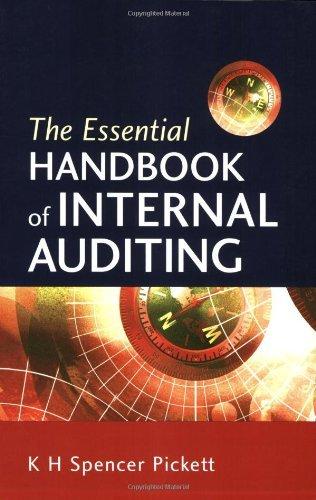Question
Anthony Company uses a perpetual inventory system. It entered into the following purchases and sales transactions for March. Date Activities Units Acquired at Cost Units
Anthony Company uses a perpetual inventory system. It entered into the following purchases and sales transactions for March. Date Activities Units Acquired at Cost Units Sold at Retail Mar. 1 Beginning inventory 50 units @ $50/unit Mar. 5 Purchase 200 units @ $55/unit Mar. 9 Sales 210 units @ $85/unit Mar. 18 Purchase 60 units @ $60/unit Mar. 25 Purchase 100 units @ $62/unit Mar. 29 Sales 80 units @ $95/unit Totals 410 units 290 units Information given: Compute the cost of goods available for sale and the number of unites available for sale.
Compute the cost assigned to ending inventory using (a) FIFO, (b) LIFO, (c) weighted average, and (d) specific identification. For specific identification, the March 9 sale consisted of 40 units from beginning inventory and 170 units from the March 5 purchase; the March 29 sale consisted of 20 units from the March 18 purchase and 60 units from the March 25 purchase. (Due to rounding, the sum of Cost of Goods Sold and Ending inventory may not equal the Cost of Good available for sales. Round your per unit costs to 3 decimal places and inventory balances to the nearest dollar amount. Omit the "$" sign in your response.) Ending Inventory (a) FIFO $ 7400 (b) LIFO $ 6840 (c) Weighted average $ 7176 (d) Specific identification $ 7030 Now I need to compute gross profit earned by the company for each of the four costing methods. LIFO is 8990 I can't figure out the FIFO, Weighted Average, and Specific Identification. I really appreciate any help. Thanks.
Step by Step Solution
There are 3 Steps involved in it
Step: 1

Get Instant Access to Expert-Tailored Solutions
See step-by-step solutions with expert insights and AI powered tools for academic success
Step: 2

Step: 3

Ace Your Homework with AI
Get the answers you need in no time with our AI-driven, step-by-step assistance
Get Started


